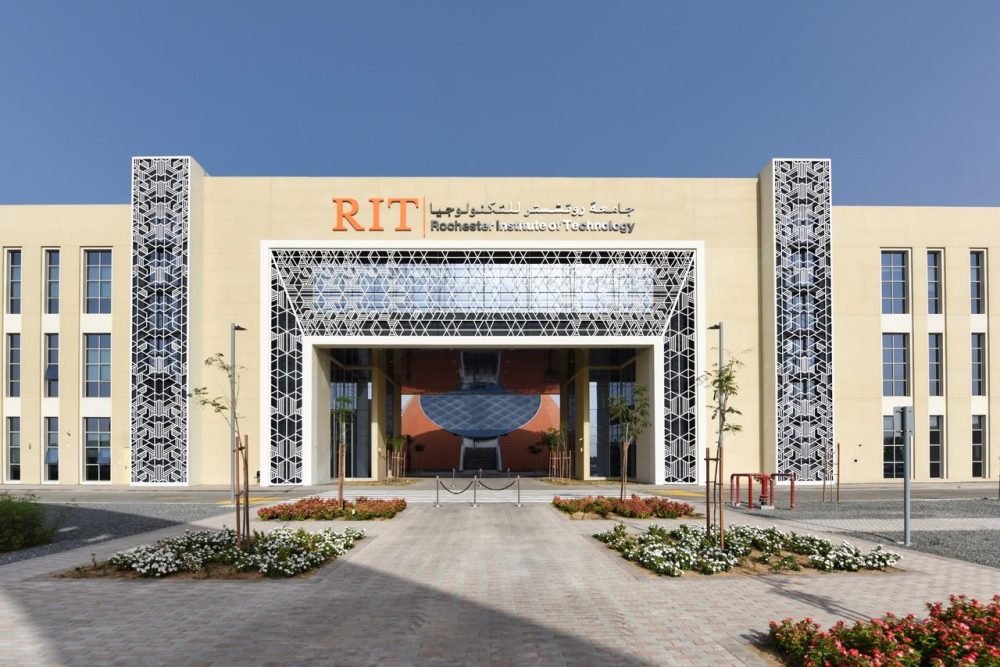The RIT (Rochester Institute of Technology) Dubai study demonstrates positive impact of personalised robotic tutoring in elementary education
Dubai, July 8, 2025: A study conducted by researchers from Rochester Institute of Technology (RIT) of Dubai has revealed the positive impact of integrating artificial intelligence (AI) and robotics into education at elementary school level.
The project used a personalised AI-powered robot to interact with students directly, resulting in an average 8% improvement in academic performance, versus outcomes from human teaching. Led by Dr. Jinane Mounsef, Chair of the university’s Electrical Engineering and Computing Sciences Department, the research highlighted the potential of personalisation in robotic tutoring in a real-world educational setting.

Combining cognitive and emotional assessment to deliver tailored educational experiences, the tutoring system was tested with a group of Grade Four school students studying mathematics. In addition to measuring the speed and accuracy of a student’s performance, the robot conducted real-time facial expression analysis to determine the learner’s state of mind. The metrics were combined to classify students into three categories: Proficient Students (Prof.S), Meeting-Expectations Students (MES) and Developing Students (DVS). These classifications were then used to deliver customised learning content, motivational messages and constructive feedback to the students.
The robot, known as Duet, employed powerful machine learning algorithms and the ROS framework to predict a student’s proficiency level with 100% accuracy through indicators such as test scores, task completion time and emotional engagement. It was then able to adjust the challenges and learning materials dynamically to suit each student’s needs. The process also incorporated feedback mechanisms for participants to share their thoughts on the experience of learning through robotics and AI.

Explaining the rationale and findings of the research, Dr. Mounsef says, “We wanted to explore whether personalisation enhances the effectiveness of a robotic tutor in improving learning outcomes. To do this, we considered how engagement and academic performance were impacted by the personalisation of robotic tutoring and how the results compared to a human teacher, which serves as a benchmark for evaluating the system’s impact.
“Through post-diagnostic exams we found that the experimental group of students using the AI-robot system showed a significant improvement rate over the control group. This demonstrates that such systems can provide a powerful tool to improve efficiency and augment education outcomes.”
The research was the subject of an academic paper titled, ‘CARE: towards customised assistive robot-based education’, authored by Dr. Mounsef, alongside RIT Dubai graduate student, Nafisa Maaz, and Assistant Professor at Lebanese American University Beirut, Dr. Noel Maalouf. The paper was published by Frontiers in Robotics and AI, a leading, multidisciplinary scientific journal.
Building on the project, Dr. Mounsef is now preparing to collaborate with colleagues at RIT New York to develop an AI-powered social robot. She says, “We aim to take forward our work in cognitive development to explore the use of robotics in emotional intelligence. This will involve deploying a human-looking robot that can interact with students on a daily basis to ask questions, gather data and ultimately make recommendations that can help address their concerns.”








